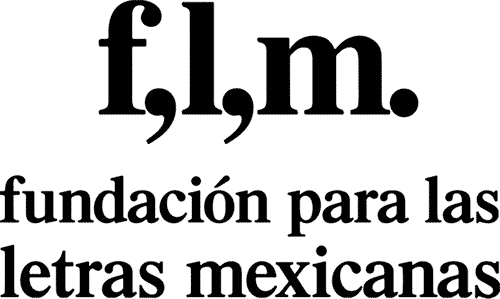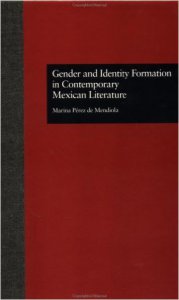Marina Perez de Mendiola critically analyzes the narrative strategies and representational devices used by six contemporary Mexican authors (Sara Sefchovich, Jose Joaquín Blanco, Miguel Barbachano Ponce, Brianda Domecq, Rosamaría Roffiel, Oscar de la Borbolla) to create multiple subjects in their novels. Building on the work of historians, anthropologists, psychoanalysts, cultural and literary critics, and feminists, the author examines the shifting positionalities women and men assume in relation to the sexual-gender system-negotiating, adopting, altering, or transgressing the ideologies of identity and gender that have prevailed in Mexico. The analysis of the theoretical questions posed by the resemanticization of notions of gender, sexuality, and identity in Mexican literature will be essential reading for scholars and students of Latin American studies, cultural and gender studies, and comparative literature.
Gender and identity formation in contemporary Mexican literature
* Esta contraportada corresponde a la edición de 1998. La Enciclopedia de la literatura en México no se hace responsable de los contenidos y puntos de vista vertidos en ella.
MATERIAS RELACIONADAS



